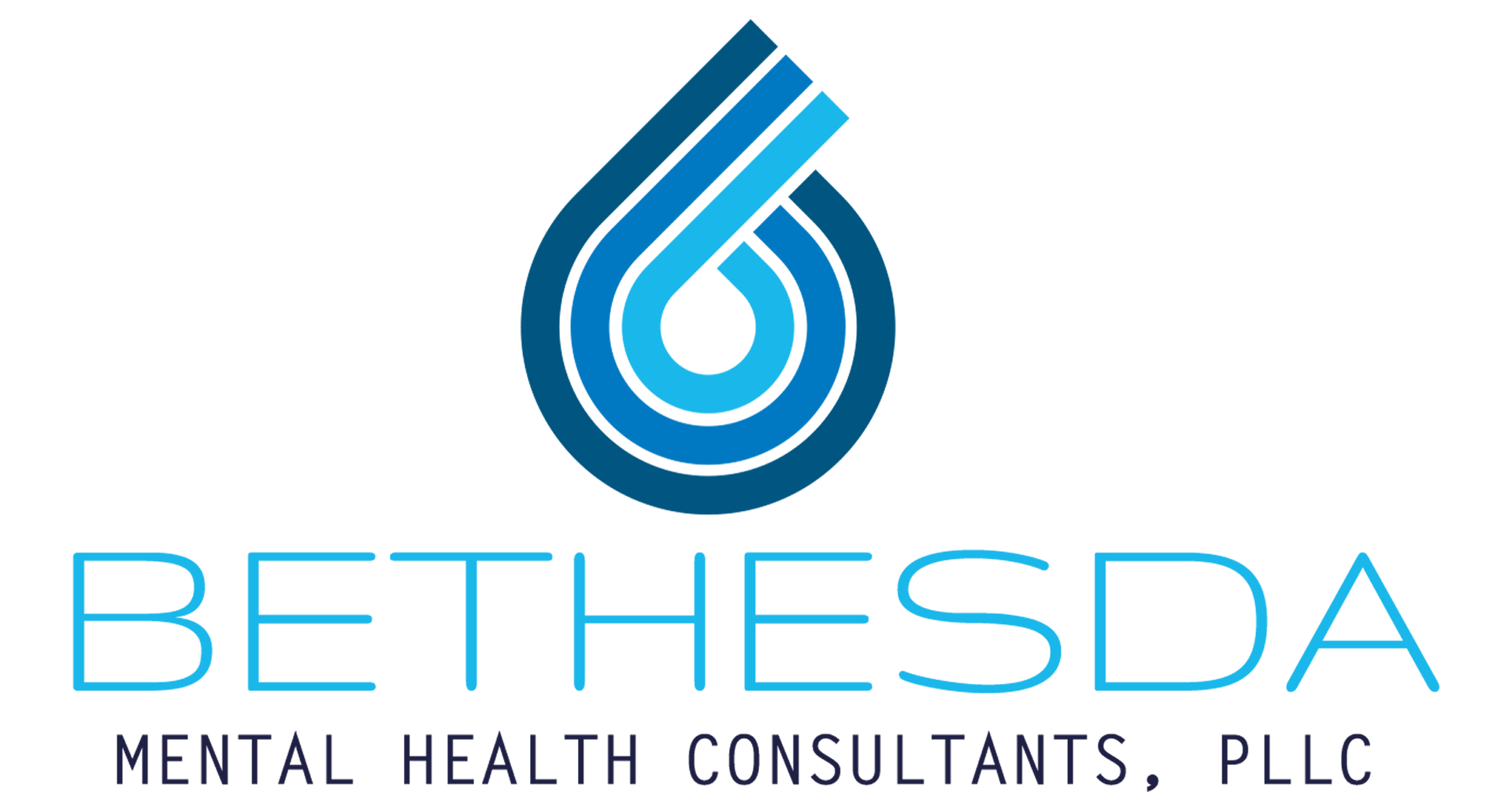Bipolar I Disorder
Understanding Bipolar I Disorder: A Guide to Recognizing and Addressing Manic and Hypomanic Episodes
Bipolar I Disorder is a mental health condition classified in the Diagnostic and Statistical Manual of Mental Disorders, Fifth Edition (DSM-5). It is characterized by episodes of mania and, at times, depression. It’s important to know the signs and symptoms of both manic and hypomanic episodes to watch out for and to seek appropriate treatment if experiencing these.
Manic Episode
A manic episode is a distinct period of abnormally and persistently elevated, expansive, or irritable mood, lasting at least one week (or any duration if hospitalization is necessary). Here are some signs and symptoms to watch out for:
- Increased Energy: Feeling extremely energized or restless.
- Decreased Need for Sleep: Feeling well-rested with little sleep.
- Racing Thoughts: Thoughts racing at a rapid pace.
- Impulsivity: Engaging in risky behaviors without thinking about consequences.
- Grandiosity: Feeling overly confident or having inflated self-esteem.
- Talkativeness: Speaking rapidly or feeling pressured to keep talking.
Hypomanic Episode
A hypomanic episode is a milder form of mania that lasts at least four consecutive days. Though less severe than a manic episode, it can still impair daily functioning. Key signs and symptoms include:
- Increased Activity: Engaging in goal-directed activities with high energy.
- Elevated Mood: Feeling unusually upbeat or euphoric.
- Decreased Need for Sleep: Feeling rested with little sleep.
- Racing Thoughts: Thoughts moving quickly from one idea to another.
- Increased Talkativeness: Speaking more than usual or feeling the urge to keep talking.
Seeking Treatment
Recognizing the signs of manic and hypomanic episodes is important for early intervention and effective management of bipolar disorder. If you or someone you know is experiencing these symptoms, seeking help from a mental health professional is essential.
Treatment options may include medication, therapy, lifestyle modifications, and support networks to help individuals navigate the challenges of bipolar disorder. Seeking treatment and support is a proactive step towards managing the condition and improving overall well-being.
We are here to provide guidance, support, and individualized treatment plans tailored to your specific needs. Reach out for assistance and take the step towards a balanced and less chaotic life.

Bethesda Mental Health Consultants
